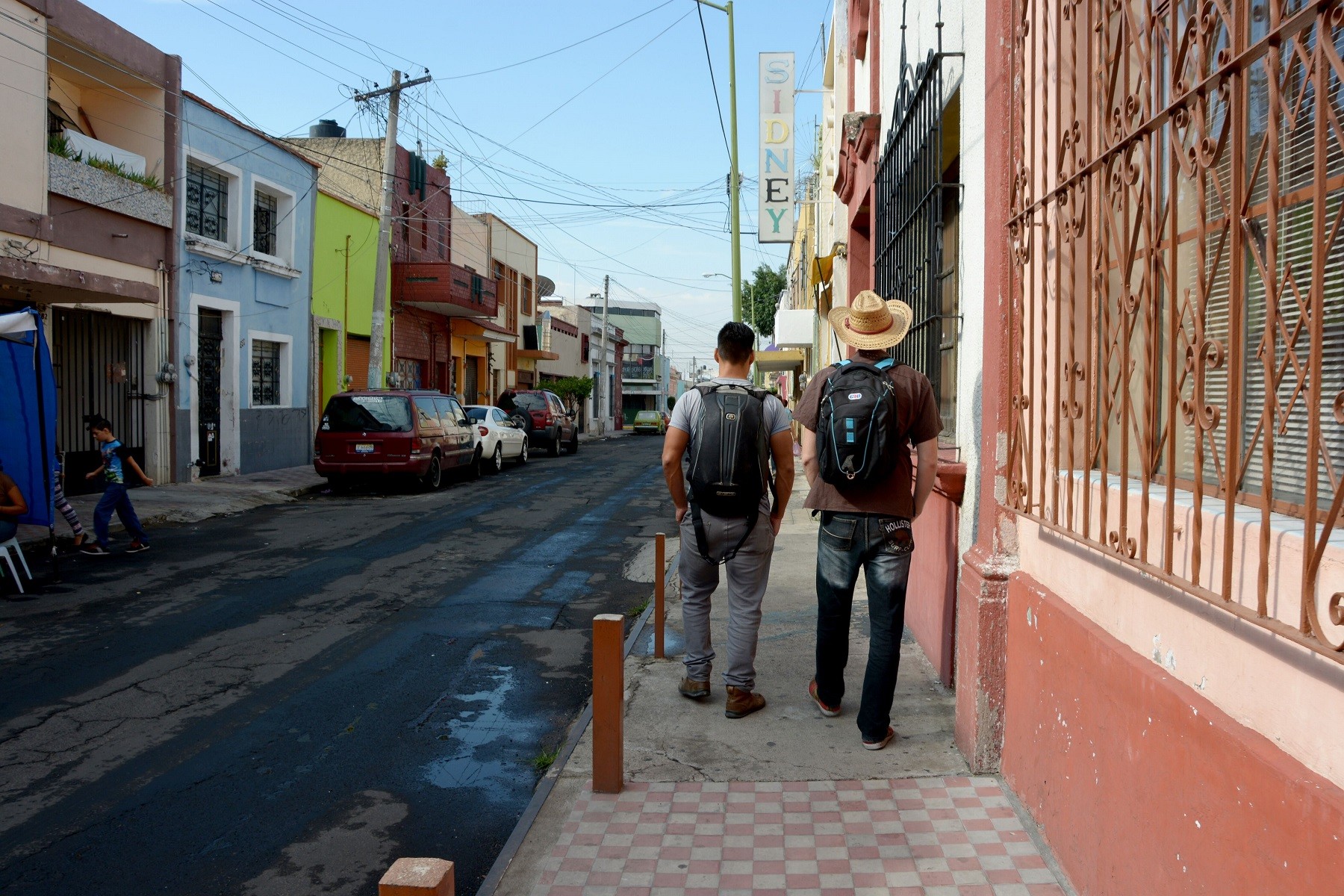The Episode:
Audio PlayerTo download the audio, right click and press “save as”.
Remember to subscribe on iTunes or subscribe on Pocket Casts.
If you enjoyed the episode, don’t keep it a secret! Feel free to share it on Twitter, Tumblr, Facebook, Reddit, or your office bathroom wall.
The Cash:
We really appreciate all of your contributions! Every cent and satoshi we receive lets us know that we’re doing something worthwhile, that you are entertained by our program, and that you’re starting to question what you know more and more. Please be generous. Donate to The Paradise Paradox. Or buy some stuff on Amazon using this link.
The Story:
In 1992, Steve Albini wrote his famous piece, “The Problem with Music”, giving the graphic image of a bunch of hungry artists clambering through a trench full of excrement in order to vy for a recording contract with uncertain and questionable terms. He explained how the music industry is full of a special kind of corruption, that takes advantage of the very people which make the entire industry possible by providing them with a healthy line of credit, then selling them back all the services needed to create an album at an extremely inflated price. One figure that has been thrown around is that record companies, on average, have a 5% success rate – 5% of all records go gold or platinum, and 95% well, they don’t. In any other industry, that would send a company down shit creek pretty fast, but in the record industry, most of the costs are borne by the artist, making the record label a rather undesirable business partner.
Music is a powerful tool in manipulating minds. Might some unscrupulous A&Rs decide to change how people think, act, what they glorify? Perhaps by using overt themes in music, or perhaps even by subliminal messages. There might be a lot of pressure on record labels from certain nefarious and hidden interests.
Now of course, the music industry has been forced to change, under the pressure of Internet piracy and the decay of copyright laws as any meaningful deterrent. But that is a story for another time… For now, let’s explore how the music industry screwed over many artists as we journey through another exciting episode of … The Paradise Paradox!
The Links:
Manual: How to Have a Number 1 the Easy Way
EM-ELECTRONIC MUSICIAN OCTOBER 2008-MAGAZINE
Beat It (Single Version)
In Utero
The Paradise Paradox – Episode 52 – The Panopticon & Your Privacy: Juan Galt
The Paradise Paradox – Episode 50 – Ethereum & The Future: Juan Galt
The music industry is a parasite and copyright is dead – Steve Albini
The problem with music has been solved by the Internet – Steve Albini
Courtney Love’s speech about piracy 2000
RT – Autotune and lip-syncing
Manipulating the charts – Neil Strauss
Unethical practices in the record industry
The Problem with Music – Steve Albini
The secret meeting that changed rap music

